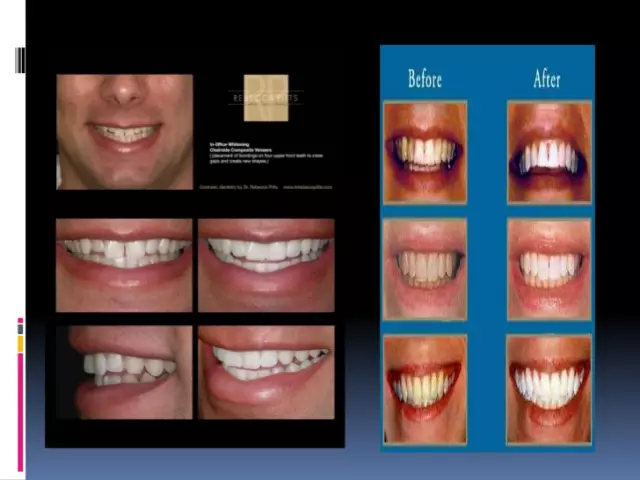- Author Rachel Wainwright wainwright@abchealthonline.com.
- Public 2023-12-15 07:39.
- Last modified 2025-11-02 20:14.
Adelfan
Instructions for use:
- 1. Pharmacological action
- 2. Indications for use
- 3. Application instructions
- 4. Contraindications
- 5. Side effects
- 6. Additional information
- 7. Analogs
pharmachologic effect

Adelfan is a combined antihypertensive drug. The active ingredients of Adelfan are reserpine and dihydralazine. Reserpine has a vasodilating neurotropic effect, resulting in a nervous regulation of the tone of the blood vessels. Adelfan helps to improve sleep and lower blood pressure. The antipsychotic effect of Adelfan is due to the fact that after using the drug, the concentration of neurotransmitters in neurons decreases.
Taking Adelfan tablets helps to improve the peristalsis of the gastrointestinal tract, increase renal blood flow, and enhance the glomerular response. The drug reduces the metabolic rate, causes hypothermia, miosis, and deepens respiratory movements. A stable effect from the use of Adelfan tablets is observed after 2-3 weeks from the start of treatment. A decrease in the tone of smooth muscles of arterioles, a decrease in resistance in the vessels of the brain, heart, kidneys, skin, an increase in blood flow is due to the action of dihydralazine, which is part of Adelfan.
Indications for use
Several diseases are indicated in the instructions for Adelfan, in which the use of this drug is advisable:
- hypertension of mild and moderate severity;
- hypertension with an unexplained cause of an increase in blood pressure.
Instructions for using Adelfan
Adelfan comes in pill form. The drug should be taken 2-3 times a day, 1 tablet. The maximum daily dose should not exceed 3 tablets. Maintenance therapy with Adelfan tablets involves taking the minimum effective dose. The need for dose adjustment of the drug is necessary for elderly people with impaired liver function.
Contraindications
The instructions for Adelfan list the following diseases in which the drug is unacceptable:
- Parkinson's disease;
- epilepsy;
- depressive state;
- recent transfer of myocardial infarction;
- exacerbation of peptic ulcer disease;
- severe angina and arrhythmia;
- severe tachycardia;
- liver dysfunction;
- severe renal failure.
Individual sensitivity to reserpine and dihydralazine, lactation, third trimester pregnancy are also reasons for refusing to take Adelfan tablets.
If the patient has a disease in which the use of this drug is impossible, then the doctor is obliged to suggest something that can replace Adelfan.
With special care, this drug is prescribed if patients have:
- coronary and cerebral atherosclerosis;
- anamnestic information about myocardial infarction;
- heart failure;
- cholelithiasis;
- erosive gastritis;
- depressive state;
- gout;
- diabetes mellitus;
- broncho-obstructive syndrome;
- pregnancy (I and II trimesters).
Side effects
Subject to the dose recommended in the instructions for Adelfan, there are practically no undesirable effects from the use of the drug. Only in rare cases are possible manifestations such as headache, insomnia, weakness, depression, vomiting, nausea, diarrhea, nasal congestion.
Additional Information
Store Adelfan in a dark and dry place. The shelf life is 5 years and is indicated on the packaging.
Analogs of Adelfan

Sometimes, either due to intolerance, or for another reason, the question arises: "How to replace Adelfan?"
The most common analogs of Adelfan include Adelfan-Ezidreks.
This analogue of Adelfan is a combination of three components: reserpine, dihydrapazine and hydrochlorothiazide. The additional substance hydrochlorithiazide, which is absent in Adelfan, increases the secretion and excretion of potassium and hydrogen ions by increasing the amount and rate of entry of sodium and water ions into the cortical segment of the collecting ducts.
Also, the analogs of Adelfan include Enap, Tririzid, Reserpine, as well as other inhibitors of the angiotensin-converting enzyme.
It should be remembered that the question of how to replace Adelfan should be decided exclusively by the attending physician, the independent use of any medicine is dangerous to life and health.
Information about the drug is generalized, provided for informational purposes only and does not replace the official instructions. Self-medication is hazardous to health!






